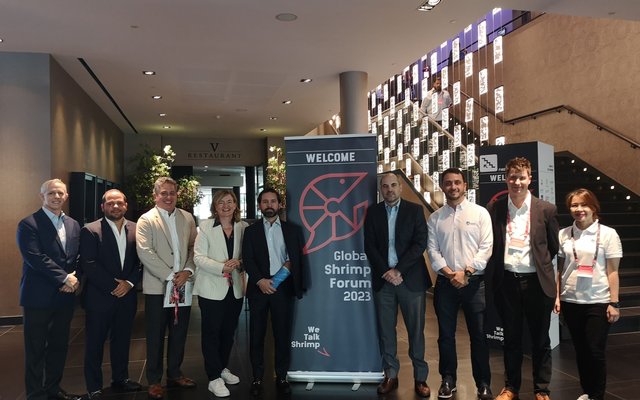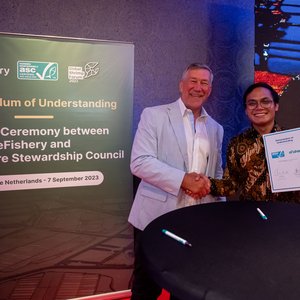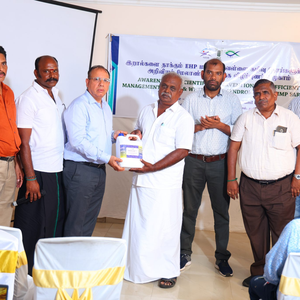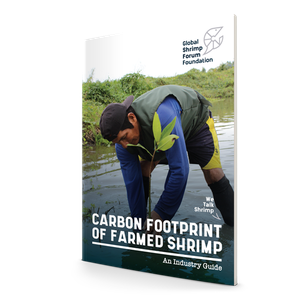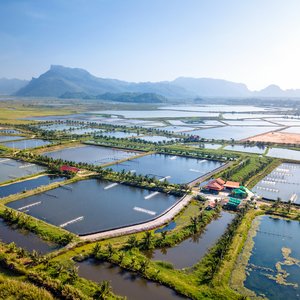Grupo Almar, one of the top 5 shrimp producers in the world and dsm-firmenich, announced a joint multi-year commitment to measure and improve Grupo Almar’s environmental footprint using Sustell™, dsm-firmenich’s intelligent sustainability service.
Grupo Almar is partnering with dsm-firmenich to use Sustell™ across all their shrimp production as well as access dsm-firmenich’s sustainability experience and expertise. Full environmental footprinting of Grupo Almar’s shrimp production will commence starting January 2024 providing internationally validated footprint results for the full year 2024 onwards.
Aligned with the company’s vision “to become global leaders in sustainable aquaculture grounded on our high quality and efficiency standards”, Grupo Almar produces approximately 10% of Ecuador´s exports, by weight, with just 2% of farmable land.
Grupo Almar wanted to formalize its sustainability journey and chose dsm-firmenich and Sustell™ to accurately measure and validate its carbon footprint as part of a full ISO 14040/44 compliant lifecycle assessment (LCA) based environmental footprint. The company looked at a multiple array of options and took inspiration from the salmon industry which has made significant progress in measuring and improving its environmental footprint thanks to tools like Sustell™.
Wolfgang Harten, chief operating officer of Grupo Almar, said that “Almar is making important and incremental progress to improve the sustainability of its shrimp production, by learning from others and by investing in technology – with tangible improvements already made. We are committed to continue moving forward, both in technology and in sustainability. Through our partnership with a global heavyweight in animal nutrition and health, dsm-firmenich, we have our sights set firmly on improving the sustainability of our industry. We chose Sustell™ to go beyond measurement by taking ownership of our full environmental footprint, managing our footprint 24/7 within our own teams and organization.”
David Nickell, vice president sustainability and business solutions, Animal Nutrition & Health at dsm-firmenich, added that “Grupo Almar is a first mover in the shrimp industry, with Sustell™ they will possess both a full, accurate environmental footprint and the scenario testing capabilities to map and make tangible improvements in sustainability. As seen from Sustell™ users around the world and across multiple industries, this then opens the door to greater production efficiency and farm profitability while unlocking new value opportunities, such as product eco-labeling, and access to sustainable finance.”
This collaboration between Grupo Almar and dsm-firmenich will not only support Grupo Almar’s own environmental footprint reduction but also, by validating the shrimp module for Sustell™, will enable the wider shrimp production value chain to improve its sustainability.
Commenting on the announcement, Pamela Nath, director of the Sustainable Shrimp Partnership (SSP) stated, “we welcome this announcement and the concrete efforts this embodies, demonstrating that Ecuadorian shrimp production is committed to producing shrimp with sustainable practices. We hope that this will continue to inspire and motivate the industry to go even further in improving the sustainability of shrimp production.”


